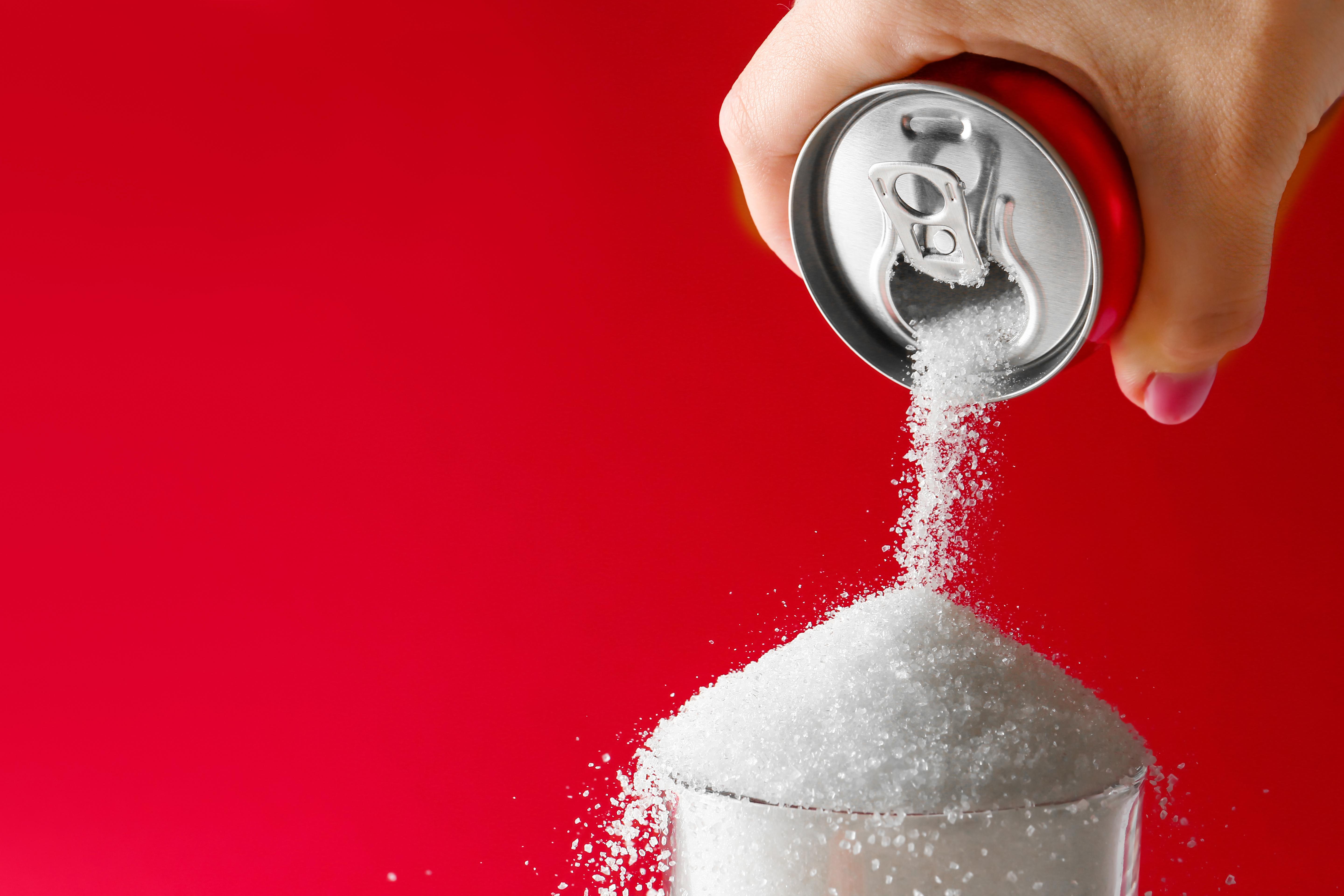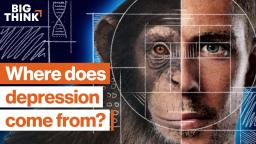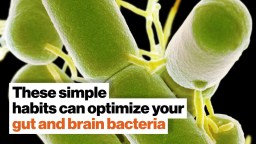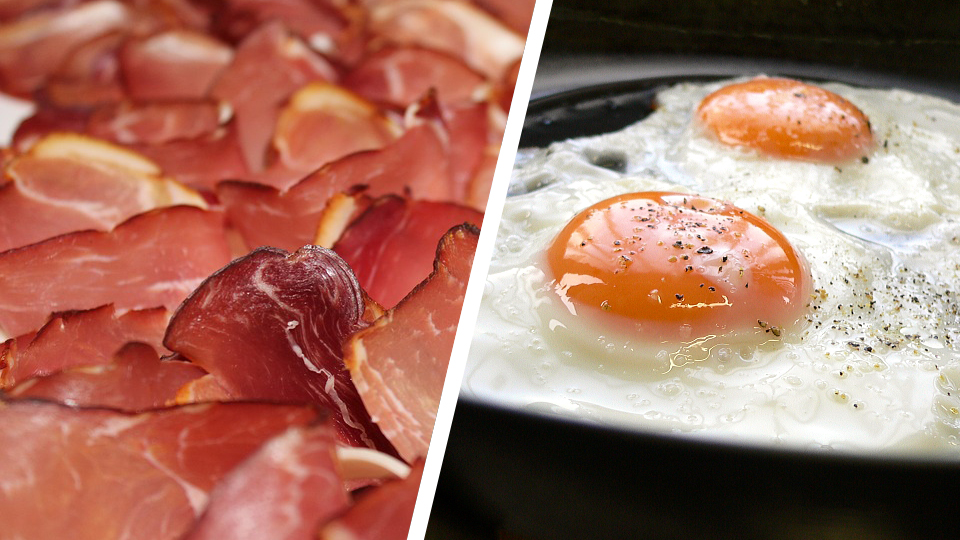nutrition
Israeli food-tech company DouxMatok (Hebrew for “double sweet”) has created a sugary product that uses 40 percent less actual sugar yet still tastes sweet.
Eating veggies is good for you. Now we can stop debating how much we should eat.
A large new study puts caffeine-drinking moms on alert.
From baboon hierarchies to the mind-gut connection, the path to defeating depression starts with understanding its causes.
▸
23 min
—
with
A new study finds that dogs fed fresh human-grade food don’t need to eat—or do their business—as much.
Can we end world hunger by 2030? Thanks to a new program, the data for it is all there.
Declining bee populations could lead to increased food insecurity and economic losses in the billions.
The study was only conducted with already healthy men, however.
A new wearable patch has been created at the University of California San Diego.
What you eat — and when — can make you superhuman.
▸
12 min
—
with
The first list of antidepressant food scores restructures the “standard” American diet.
There is no universal diet or exercise program.
We talk a lot about what to eat, but what about when?
New York–area chefs are working on the problem. More need to follow their lead.
The exploding popularity of the keto diet puts a less used veggie into the spotlight.
Diners consumed 45 fewer calories per meal.
While short-term results are positive, there is mounting evidence against staying in ketosis for too long.
Ketosis is known to work wonders in terms of short-term weight loss. But what about the diet’s effects over the long term?
Studies have also shown that two weeks of sleep deprivation increases the consumption of excess calories, particularly from energy-dense, high-carbohydrate snacks.
Ramen isn’t going to be the next superfood, but it’s a little better than before.
The study published in the American Journal of Clinical Nutrition seems to indicate that eating regular-fat cheese has no effect on our bad cholesterol (LDL), but does have a positive effect on our good cholesterol (HDL).




















